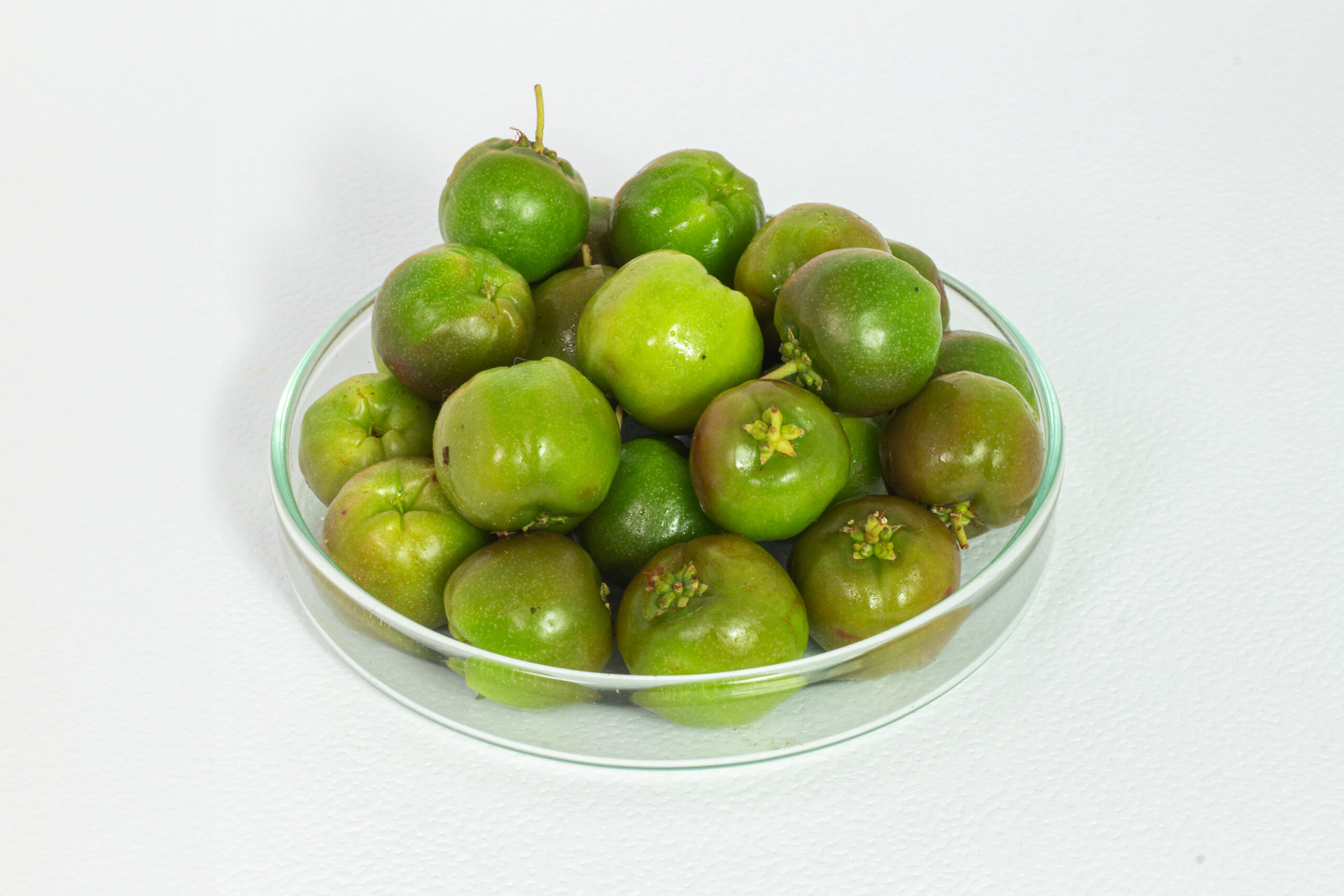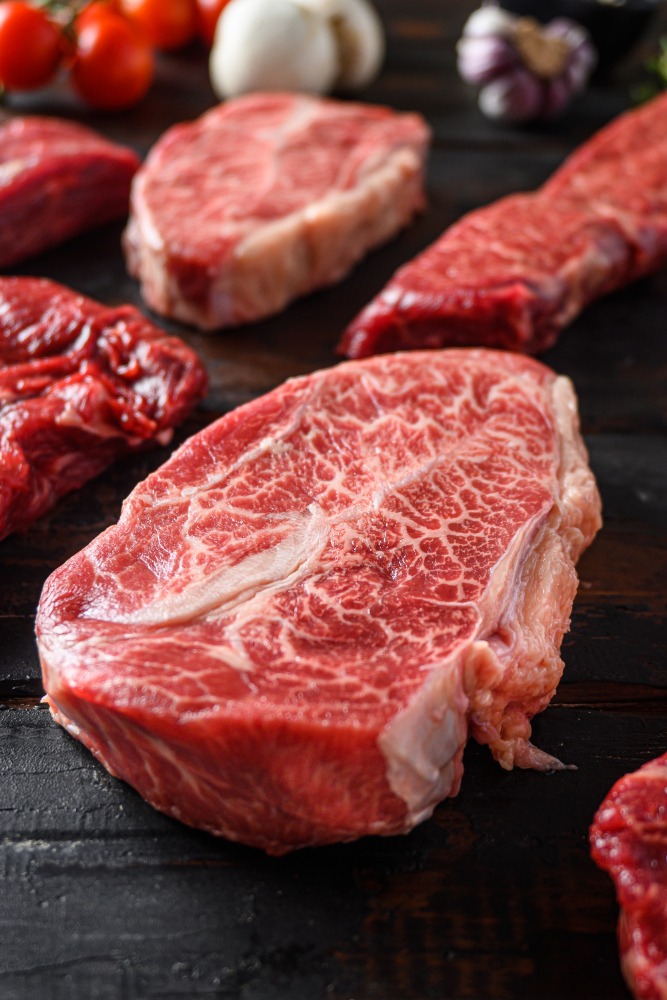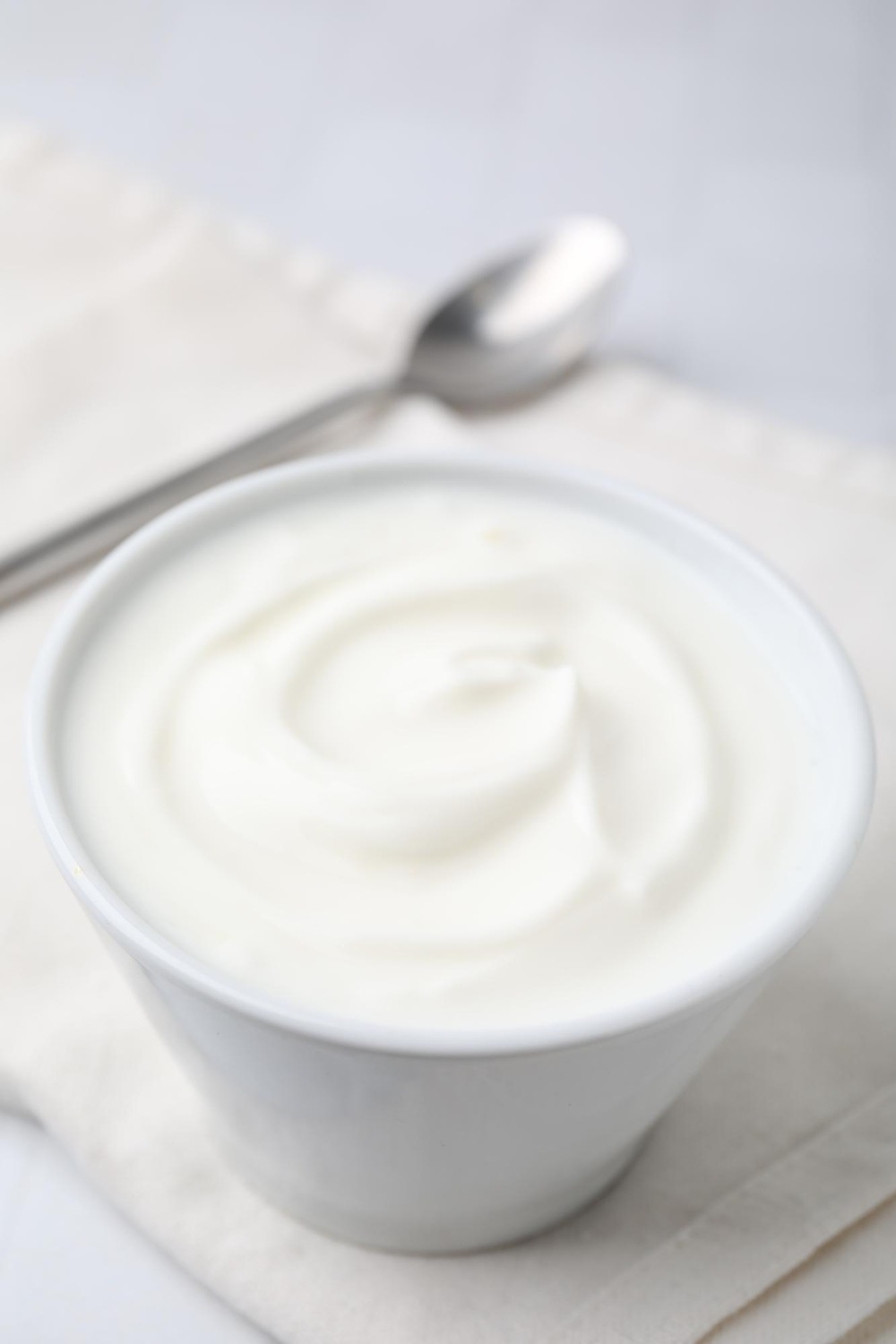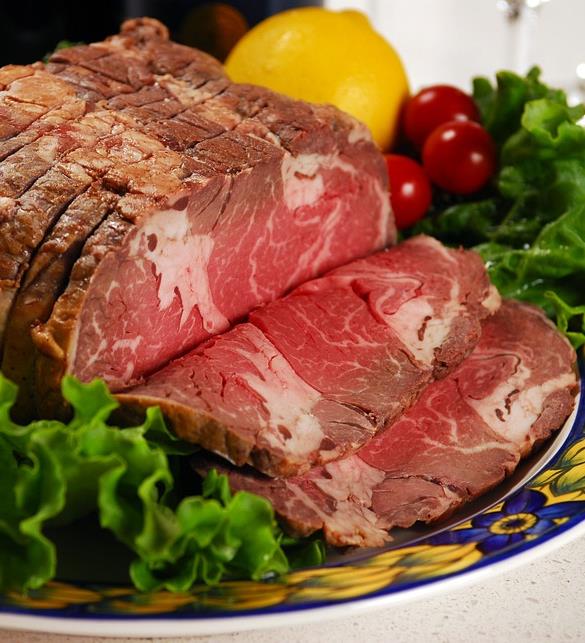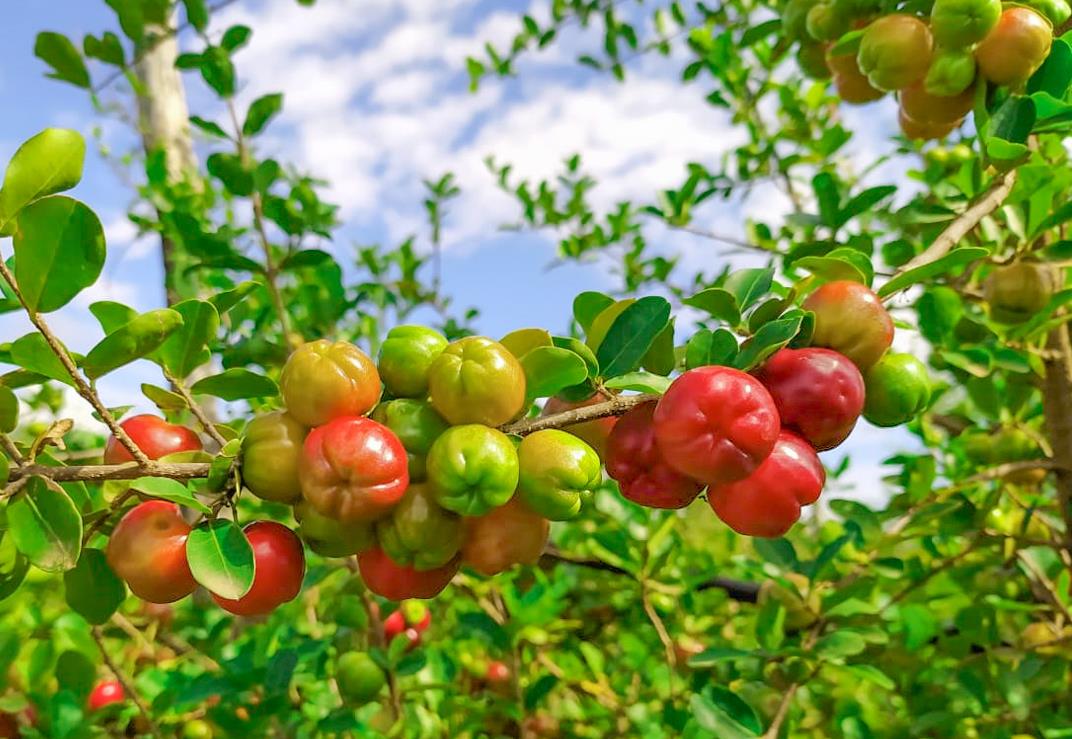Explore Our Articles
Discover the world of natural products and sustainability with NutriBotanica’s exclusive articles.
Your Skin Healthier with Acerola
In recent decades, there has been a substantial increase in the population's life expectancy. A set of factors has ensured that we live better and longer.
Preserving Meat Quality: The Role of Acerola in Extending Freshness
One of the biggest challenges for the meat industry is keeping its products on display on the shelves, since these foods undergo oxidative action as soon as they come into contact with air.
Yogurt with Acerola Fiber: Vitamin C, Proteins, and Fibers
Dehydrated and ground acerola fiber (DMAF) is a product obtained from the waste of industrial processes for the production of acerola juices.
Study of the Application of Natural and Synthetic Antioxidants in Meat Products
Acerola (Malpighia glabra L., or Malpighia emarginata DC.) is a tree whose fruit is called Barbados or Antillean cherry due to its similarity to the fruit. Little tree (or shrub) with persistent foliage from the Malpighiaceae family, the acerola grows spontaneously in the tropical regions of South America, particularly in Peru and the Amazon forests of Brazil and from Venezuela.
Application of Dehydrated Acerola Juice in The Production of Teas
Acerola (Malpighia glabra L., or Malpighia emarginata DC.) is a tree whose fruit is called Barbados or Antillean cherry due to its similarity to the fruit.
Stay Informed with NutriBotanica
Sign up for our newsletter to receive updates on our latest products, sustainability initiatives, and tips on living a healthier, more natural lifestyle.
This site is protected by reCAPTCHA and the Google Privacy Policy and Terms of Service apply.

